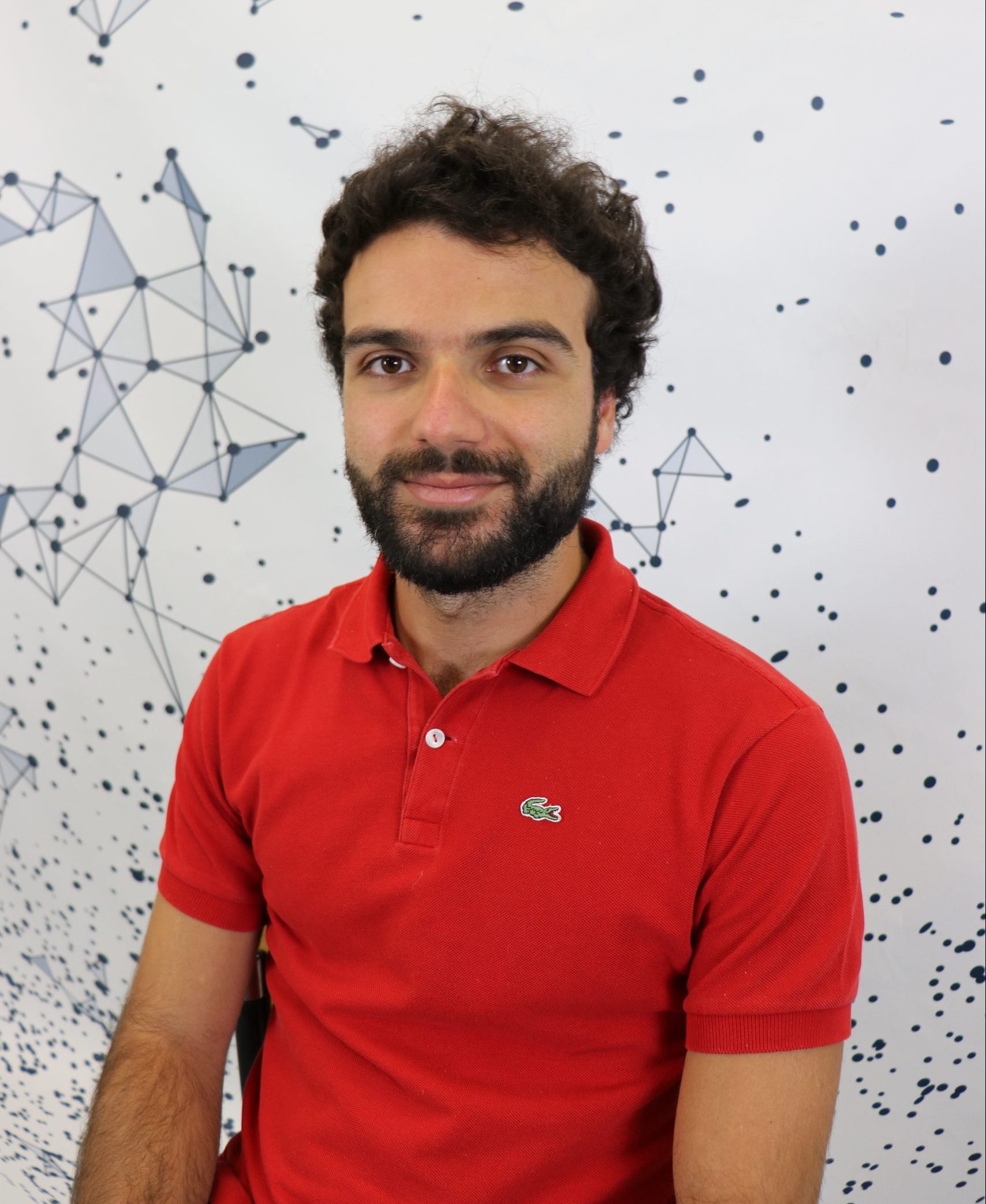IMDEA Networks

PhD Thesis defense: On Green Edge Computing with Machine Learning Applications

Francesco Spinelli, PhD Student, IMDEA Networks Institute and University Carlos III of Madrid
PhD Defense
This thesis finds efficient solutions to dynamically support verticals at the edge while at the same time keeping an eye on sustainability (both in economical and energy-efficiency terms) for network operators. More in detail, this thesis supports novel verticals by developing intelligent algorithms (e.g., heuristics and DRL-based solutions) for the allocation and migration of computing demanding tasks in edge servers dependable on intermittent renewable sources, with the ultimate goal of maximizing revenues for network operators while leveraging as much as possible the presence of renewable sources (i.e., decreasing overall costs).
We first give an updated review of the state-of-the-art, focusing on several important aspects of the Multi-access Edge Computing (MEC) provisioning (such as standardization efforts, techniques to efficiently deploy and support migration of end-user applications, and the offloading of computing tasks). This also gives the motivations behind this thesis’ goals and contributions. Next, we focus on proposing a novel scenario, green edge gaming, where edge computing resources are partially or completely dependent on renewable sources and they have to accommodate heavy computing tasks coming from gaming devices. Another novelty of this scenario is that, since edge servers are located closely, it is possible to migrate allocated gaming jobs between edge servers, according for instance to the availability of green energy.
Next, we leverage powerful machine learning techniques such as Deep Reinforcement Learning (DRL) to propose a DRL-based solution for the allocation and migration of Augmented Reality (AR) tasks at the edge.
Since the goal of maximizing the admittance of AR tasks while leveraging as much as possible the green energy availability is conflicting, we use a proportional fairness structure, which, thanks to the DRL approach, helps to find a sweet spot between these two goals compared to greedy heuristics.
In conclusion, in this thesis, we propose two novel solutions to tackle the problem of allocation and migration jobs in an edge infrastructure, where edge servers depend on intermittent renewable sources. Since one of the key pillars of 6G networks is sustainability, this thesis could lay the foundation for more studies in this evolving scenario.
About Francesco Spinelli
Francesco Spinelli is a Ph.D. candidate of Opportunistic Architectures Lab at IMDEA Networks Institute since June 2019. He obtained his bachelor´s degree on Cinema and Media Engineering in Politecnico di Torino, Italy, where he also got his Master’s on Communications and Computer Network Engineering. His current main research interests are in the field of Network Measurements and Analytics.
PhD Thesis Advisor: Dr. Vincenzo Mancuso, IMDEA Networks Institute, Spain
University: University Carlos III of Madrid, Spain
Doctoral Program: Telematic Engineering
PhD Committee members:
- President: Sergey Gorinsky, Research Associate Professor, IMDEA Networks Institute, Madrid, Spain
- Secretary: Paolo Castagno, Assistant Professor, University of Turin, Turin, Italy
- Panel member: Andra Lutu, Senior Researcher, Telefonica Innovacion Digital, Madrid, Spain
More info
- PhD thesis: “On Green Edge Computing with Machine Learning Applications”
- IMDEA Networks Publications: Theses
- PhD Students at IMDEA Networks
- Alumni Network

